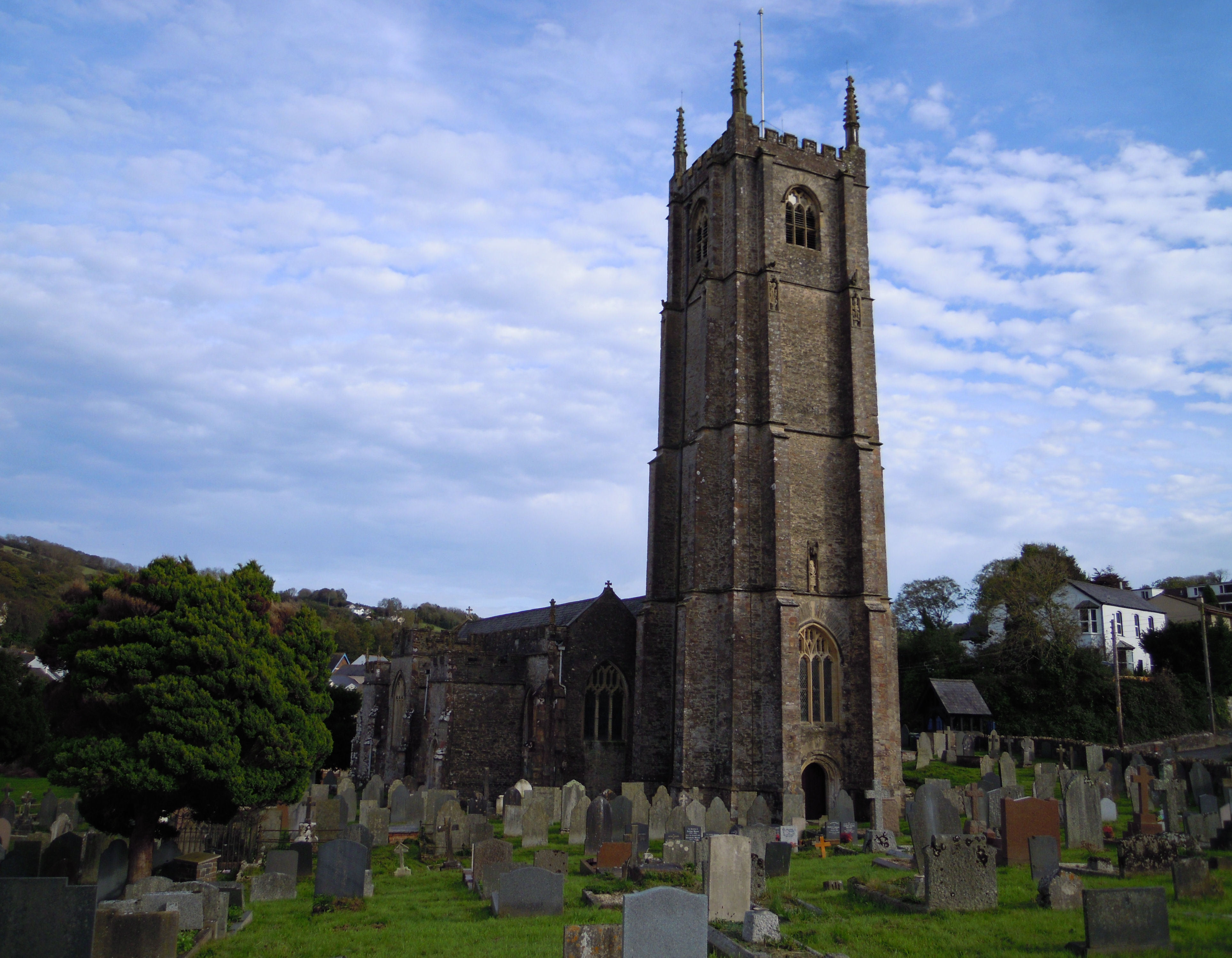|
Newberry Castle
Newberry Castle is an Iron Age Hill Fort close to Combe Martin in Devon, England.It takes the form of an earthwork hillside enclosure close on an outcrop of a hill on the north eastern shoulder of Newberry Hill at an elevation 110 Metres above Sea Level.R.R.Sellman; Aspects of Devon History, Devon Books 1985 - - Chapter 2; The Iron Age in Devon. Map Page 11 of Iron Age hill forts in Devon shows Newberry. References Hill forts in Devon {{UK-archaeology-stub ... [...More Info...] [...Related Items...] OR: [Wikipedia] [Google] [Baidu] |
Iron Age
The Iron Age is the final epoch of the three-age division of the prehistory and protohistory of humanity. It was preceded by the Stone Age (Paleolithic, Mesolithic, Neolithic) and the Bronze Age (Chalcolithic). The concept has been mostly applied to Iron Age Europe and the Ancient Near East, but also, by analogy, to other parts of the Old World. The duration of the Iron Age varies depending on the region under consideration. It is defined by archaeological convention. The "Iron Age" begins locally when the production of iron or steel has advanced to the point where iron tools and weapons replace their bronze equivalents in common use. In the Ancient Near East, this transition took place in the wake of the Bronze Age collapse, in the 12th century BC. The technology soon spread throughout the Mediterranean Basin region and to South Asia (Iron Age in India) between the 12th and 11th century BC. Its further spread to Central Asia, Eastern Europe, and Central Europe is somewhat dela ... [...More Info...] [...Related Items...] OR: [Wikipedia] [Google] [Baidu] |
Combe Martin
Combe Martin is a village, civil parish and former manor on the North Devon coast about east of Ilfracombe. It is a small seaside resort with a sheltered cove on the northwest edge of the Exmoor National Park. Due to the narrowness of the valley, the village consists principally of one single long street which runs between the valley head and the sea. An electoral ward with the village name exists. The ward population at the 2011 census was 3,941. History Evidence of Iron Age occupation includes the nearby Newberry Castle fort. The toponym "Combe" is derived from Old English ''cumb'' meaning "wooded valley". It derives ultimately from the same Brythonic source as the Welsh cwm, also of the same meaning. The name was recorded as ''Comer'' in 1128. The 'Martin' suffix on the place name is from the name of the FitzMartin family, feudal barons of Barnstaple, from which large barony the manor of Combe was held. The FitzMartins held the barony following the marriage ... [...More Info...] [...Related Items...] OR: [Wikipedia] [Google] [Baidu] |
Devon
Devon ( , historically known as Devonshire , ) is a ceremonial and non-metropolitan county in South West England. The most populous settlement in Devon is the city of Plymouth, followed by Devon's county town, the city of Exeter. Devon is a coastal county with cliffs and sandy beaches. Home to the largest open space in southern England, Dartmoor (), the county is predominately rural and has a relatively low population density for an English county. The county is bordered by Somerset to the north east, Dorset to the east, and Cornwall to the west. The county is split into the non-metropolitan districts of East Devon, Mid Devon, North Devon, South Hams, Teignbridge, Torridge, West Devon, Exeter, and the unitary authority areas of Plymouth, and Torbay. Combined as a ceremonial county, Devon's area is and its population is about 1.2 million. Devon derives its name from Dumnonia (the shift from ''m'' to ''v'' is a typical Celtic consonant shift). During the Briti ... [...More Info...] [...Related Items...] OR: [Wikipedia] [Google] [Baidu] |
England
England is a country that is part of the United Kingdom. It shares land borders with Wales to its west and Scotland to its north. The Irish Sea lies northwest and the Celtic Sea to the southwest. It is separated from continental Europe by the North Sea to the east and the English Channel to the south. The country covers five-eighths of the island of Great Britain, which lies in the North Atlantic, and includes over 100 smaller islands, such as the Isles of Scilly and the Isle of Wight. The area now called England was first inhabited by modern humans during the Upper Paleolithic period, but takes its name from the Angles, a Germanic tribe deriving its name from the Anglia peninsula, who settled during the 5th and 6th centuries. England became a unified state in the 10th century and has had a significant cultural and legal impact on the wider world since the Age of Discovery, which began during the 15th century. The English language, the Anglican Church, and Engli ... [...More Info...] [...Related Items...] OR: [Wikipedia] [Google] [Baidu] |


